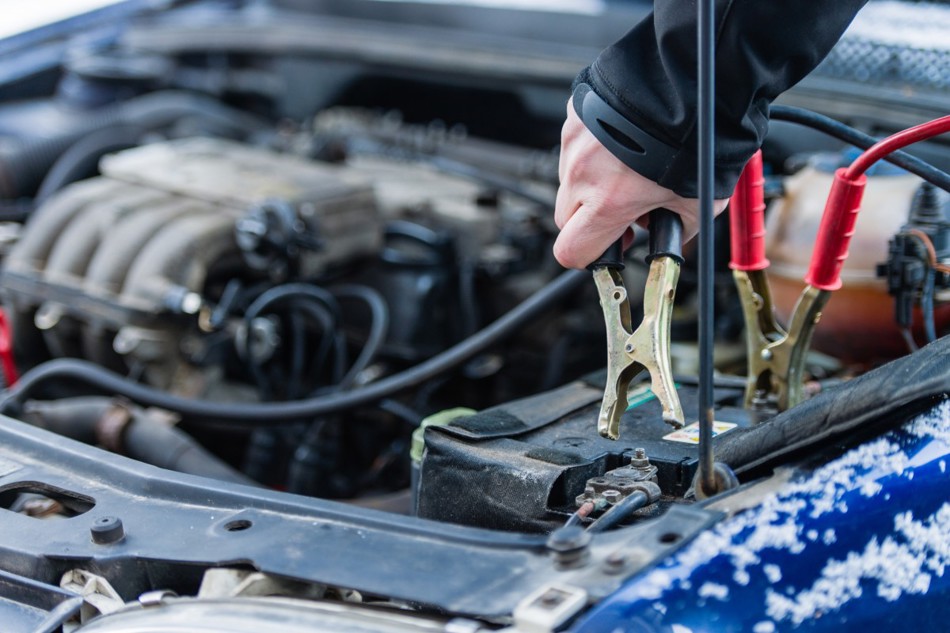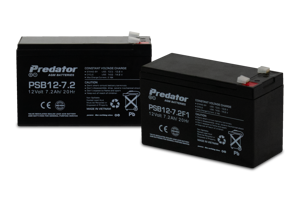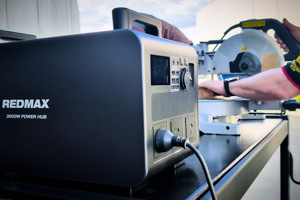Why do car batteries fail in winter?
Understanding the Effects of Weather on Batteries
Winter is here which means your car battery might be struggling. Temperature plays a significant role in the performance of your vehicle’s battery. Most of us find it harder to get up and moving on a cold winter morning, and it is not much different for your car battery.

The Life of a Car Battery
Lead acid batteries have been used in motor vehicles for more than 100 years due to their reliability and reasonable cost. Inside your battery there are a large number of lead plates submerged in an electrolyte commonly known as battery acid. Through a chemical reaction between the plates and the electrolyte, a lead acid battery can accept and store energy when the charging system is operating.
The charging system in many modern vehicles can be switched off by the Energy Management System some of the time to save fuel. When this happens, the battery delivers energy power the vehicle. If you drive a vehicle with Idle Stop Start (ISS) technology, your battery will power the vehicle when the engine stops, and will then also deliver the cranking power required to start the engine when required.
Battery Failure in Winter Explained
Batteries are like humans – they both rely on chemical reactions to make them function. In High School we were taught that the speed of a chemical reaction slows down as it gets colder. For humans, this means that we find it harder to get out of bed and get moving on a cold winter morning.
For a car battery, this means it will need to work harder to deliver enough power to start your engine on a cold morning. To add to this, cold temperatures also make the oil in your engine thicker. This means that your battery must deliver even more power to turn the engine for starting.
If your battery is 3 or 4 years old, the colder winter temperatures may see it really struggle to start your engine.
How can you identify the signs of a failing car battery? Here are some things to look out for:
- It takes longer than usual for the engine to turn over
- The engine cranks slowly on cold mornings
- Your car will not start if it is left standing for more than 3 or 4 days
- Your engine has failed to start and has required a jump start
- Your battery is cracked, bulging or swollen
Minimising the Risk of a Failing Car Battery
Winter doesn’t necessarily need to spell doom for your car battery. There are a few things you can do to minimise the risk of a failing battery. First of all, park your car under a carport or in a garage if possible. Keeping your vehicle under cover will protect your battery from the extreme cold when it’s not being used, making it easier to start the vehicle.
Remember to turn you headlamps off and make sure that all doors are closed to ensure the interior lighting switches off. This will avoid your battery accidentally being discharged overnight.
Another way of reducing the risk of your car not starting is to check its age. The older your battery is, the more likely it is that you will experience issues in winter. If your car battery is more than 3 years old or if you are unsure of its age, we recommend that you have it tested.
It helps to pay attention to early warning signs and address them as soon as possible. We mentioned earlier that one of the most common signs of a weak battery is slow cranking when you start your vehicle. If your vehicle doesn’t always start the first time, or if you occasionally hear a clicking noise when you attempt to start your engine, this can also be considered a warning sign.
No matter how big or small the warning signs may be, it would be best to get in touch with your local battery specialist for a battery diagnosis before it leaves you stranded. At R&J Batteries, we offer free battery testing at all of our stores across Australia and New Zealand. Use our handy Store Locator below to find a store near you.



